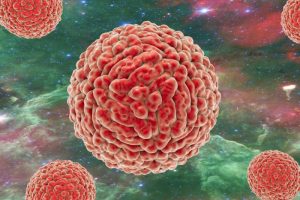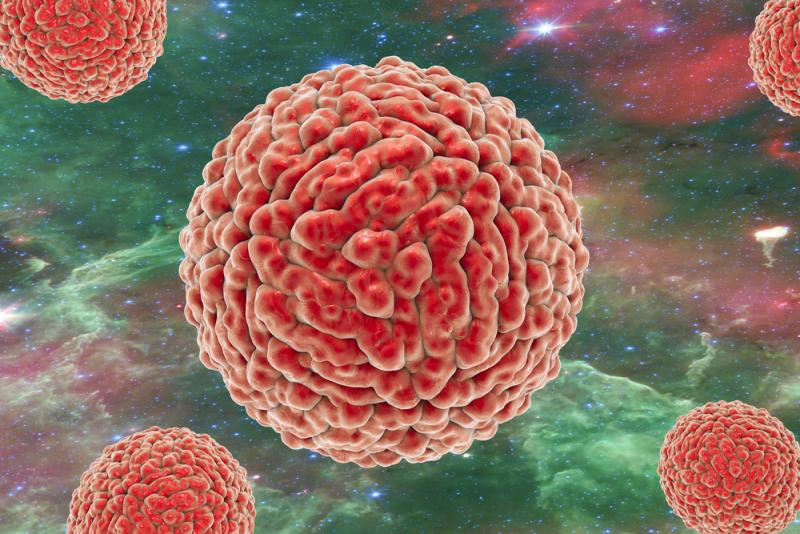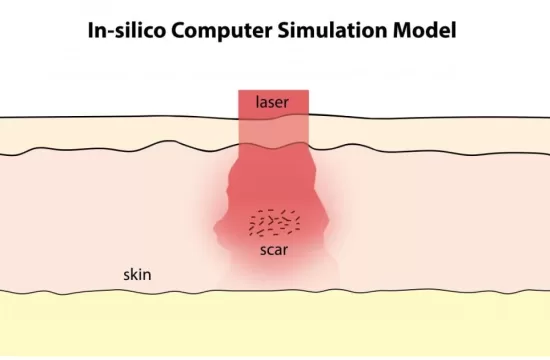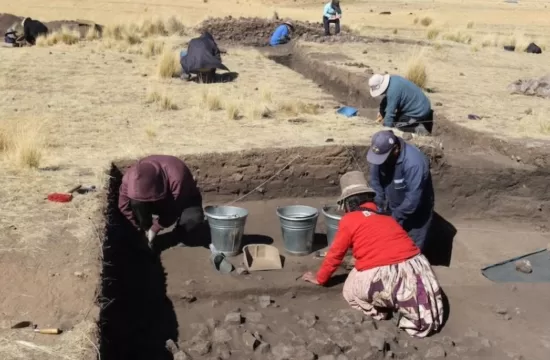 A research team may have found an effective treatment for the Zika virus—in a tobacco plant.
A research team may have found an effective treatment for the Zika virus—in a tobacco plant.
Scientists at Arizona State University (ASU) created the world’s first plant-based Zika vaccine that could be safer, more potent, and more cost-effective to produce compared to other efforts so far.
Zika is a flavivirus, which is the same family of pathogens as West Nile and Dengue Fever.
The researchers focused on developing an injection against a specific part of the Zika viral protein called DIII, which plays a key role in the virus infecting people.
“All flaviviruses have the envelope protein on the outside part of the virus. It has three domains,” explained lead researcher and scientist at ASU’s Biodesign Institute Qiang Chen, in a statement.
“The domain III has a unique stretch of DNA for the Zika virus, and we exploited this to generate a robust and protective immune response that is unique for Zika.”
Testing Phase
To conduct their research, the envelope protein was grown in bacteria then switched to prepare the DIII protein domain tobacco plants.
Initial immunization experiments in mice elicited antibody and cellular immune responses that have been shown to confer 100 percent protection against multiple Zika virus strains.
A second round of tests used the entire Zika envelope protein for the vaccine since the envelope protein domains I and II are similar to West Nile and Dengue. The goal was to see if this caused a dangerous cross-reactive immune response.
Findings from this set of experiments revealed that prior exposure to dengue or West Nile could make the Zika infection and its symptoms much worse, which could suggest a similar risk for individuals with previous exposure to dengue.
“When you make the full native envelope protein as the basis for a vaccine, it will induce antibodies against DI, DII and the DIII domains of the protein,” elaborated Chen. “Those who have been prior exposed to DI and DII of other members of the Zika virus family may be prone to developing very bad symptoms, or in some cases, fatalities for dengue.”
Overall, Chen feels confident that his DIII-based protein vaccine is safe since it uses the smallest and most unique part of the Zika virus that can still produce a potent and robust immune response.
“In our approach, we make what we call a pseudovirus. It’s a fake virus. The pseudovirus displays only the DIII part of the envelope protein on the surface. This is at least as potent as previous vaccine versions,” continued Chen.
Next Steps
Chen is hoping to partner with the medical community to start the first phase of a human clinical trial within the next two years.
The threat of this pathogen emerged in 2015 as it infected millions of people in the Americas, but there’s no signs that this virus will become extinct. An agentsuch as this, as long as it’s successful in clinical tests, could yield the first licensed therapeutic for the condition.
Source: dddmag







